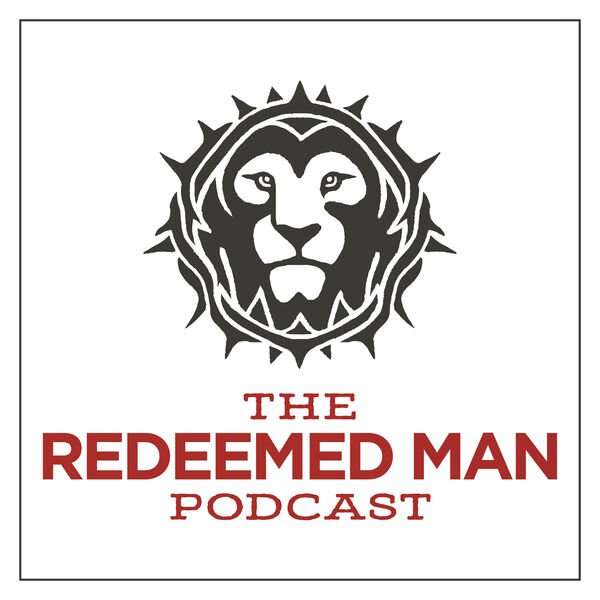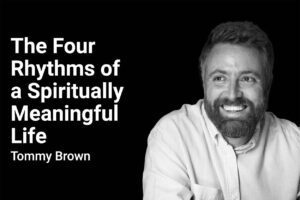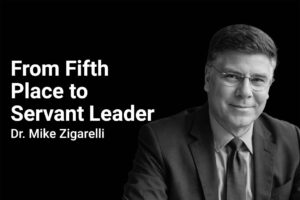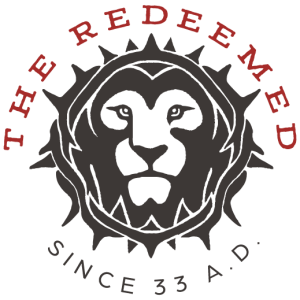True Manhood Looks Like Jesus

More About The Podcast
- About
- Show Notes
About The Podcast
Reward Sibanda admits he experienced some culture shock when he went from the community-oriented culture of Zimbabwe to the individualism—and temptations—of the United States. But he shares the lessons he learned about personal freedom, sin, and redemption with Nate Dewberry in this week’s podcast, along with his thoughts on how fasting elevates our spirits and deepens our connection with God.
Show Notes
Timestamps
0:00 — Intro
1:54 — Reward’s views on the relationship between economics, sociology, and theology
7:43 — Reward talks about his background and spiritual formation
14:09 — What does redemption mean to you?
17:56 — Overcoming the isolation that sin and warped concepts of manhood create
30:35 — Reward explains how fasting strengthens the spirit
41:03 — Practical advice for overcoming our internal resistance to fasting
46:35 — New fatherhood and other things that are bringing Reward joy these days
Discussion
- What’s your reaction to how Reward contrasts the community-oriented culture of Zimbabwe with the individualist culture of America? Particularly in the wake of COVID, how might Americans benefit from focusing less on the individual and more on building community with one another?
- How did Reward’s spiritual journey resonate with you personally? He says his “convictions were never really [his] own” because they were all determined by his parents. Did you have this experience of inheriting beliefs? If so, did you rebel against them later? If you’re coming back to re-commit to those spiritual convictions, what has helped you to discover or (re-discover) these truths on your own?
- When did you get your first taste of true independence as a young person? Do you feel like you used your freedom wisely? What long-term consequences, positive or negative, did those decisions yield for you?
- “Through sin,” Reward says, “we devalue ourselves and sell ourselves cheaply.” Can you think of a time when you gave into temptation and “sold” your honor, convictions, integrity, etc. for less than they were worth? When did it fully dawn on you how much you’d “cheapened” yourself, and how did that affect you?
- Reward further states that when men indulge in sins of the flesh (i.e., pornography, prostitution, etc.) in particular, they’re “paying for distance”—and end up feeling isolated as a result. Have you ever indulged in pornography (or another sex-related sin) repeatedly over a period of time? What productive or life-giving activities or relationships did that indulgence take you away from? When did you first notice the isolation that sin invited?
- Discuss Reward’s statement that “true manhood looks like Jesus.” What did your concept of manhood look like when you were young? Who helped define manhood for you? Knowing what you know now about Jesus, would Jesus have fit your youthful definition of manhood? If not, why? What are some things you’ve come to appreciate about Jesus and his life that you didn’t really understand or appreciate when you were younger?
- Have you ever fasted for an extended period of time? What inspired you to fast? What was the experience like? Did you feel more connected to God in any way?
- What did you think about Reward’s explanation that fasting “humbles” the mind, will, and emotions—particularly “the voices that tell you what’s possible and impossible”? Do you think there are any aspects of your soul that have taken on too much influence and could stand to be humbled a bit? Would you be willing to try fasting as a way of doing that?
Additional Resources:
How to Fast: Rediscover the Ancient Practice for Unlocking Physical, Emotional, and Spiritual Renewal by Reward Sibanda
John Mark Comer’s podcast, Practicing the Way (Apple Podcasts, Spotify)
Search Podcasts
Enjoyed This Episode?
Discover more inspiring episodes of The Redeemed Man Podcast wherever you tune in!
Share This Podcast
Sign up for updates
When you sign up for this mailing list, you’ll receive regular updates for The Redeemed.
More From The Redeemed Man Podcast

Running Your Own Race at Your Own Pace | Lessons from a 200-Mile Runner
Ultramarathoner Pierce Showe talks about the principles and disciplines that sustain him, whether he’s running a 200-mile race or just riding the rhythms of everyday life.

The Four Rhythms of a Spiritually Meaningful Life
Pastor and author Tommy Brown talks about his new book, The Speed of Soul, and the four simple practices that can guide us to a more fulfilling and Christ-centered life.

Faithful Leadership at Work and Home
Dr. Mike Zigarelli, a professor at Messiah University, shares some discoveries from his research into successful Christian businesses and sports programs—and discusses how men can incorporate those principles into their daily lives.









